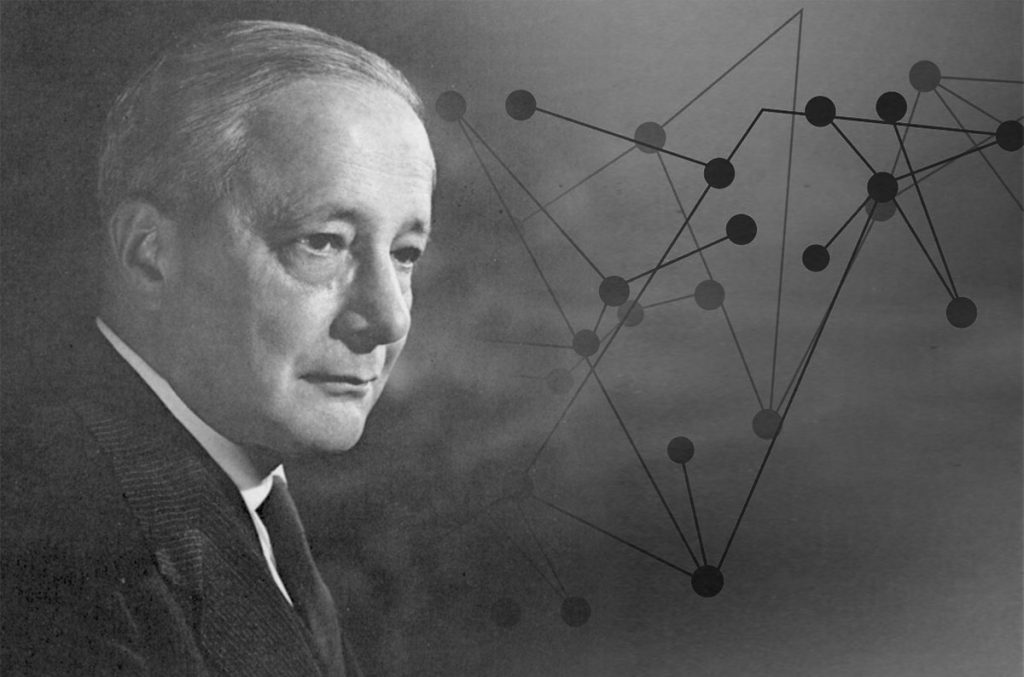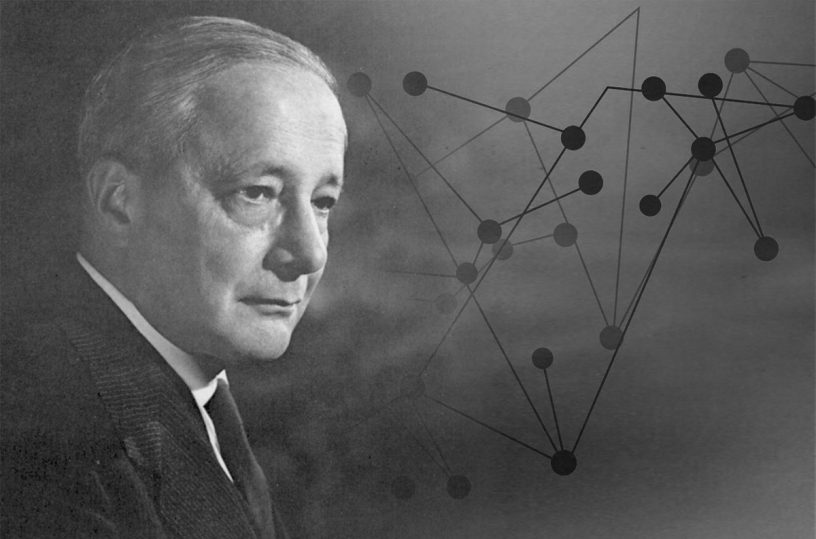
Polanyi’s idea of polycentricity has the potential to illuminate much for the legal theorist, says this new study
Author
Shivprasad Swaminathan, Professor & Associate Dean & Executive Director- Centre on Public Law and Jurisprudence, Jindal Global Law School, O.P. Jindal Global University, Sonipat, Haryana, India
Summary
For Michael Polanyi, ‘polycentricity’ was a method of decision making—of which he saw the common law as a prime exemplar—where numerous decision makers mutually adjust their decisions to their expectations of what will pass muster with the community of decision makers, without the use of any common blueprint.
This article argues that Polanyi’s idea of polycentricity—once disentangled from Lon Fuller’s borrowed, but unrelated, use of the term—has the potential to illuminate much for the legal theorist.
First, from several elements in the common law’s functioning that are liable to come across as ‘muddling through’, polycentricity helps us glean a sophisticated philosophical method primed to cut through difficult moral problems.
Secondly, the idea of polycentricity helps locate—and address—the incongruity between the functioning of the common law and the theoretical model typically used to construct ‘theory’ in various areas, especially private law, which manifests in practitioners’ wariness of theory.
Published in: Oxford Journal of Legal Studies
To read the full article, please click here


